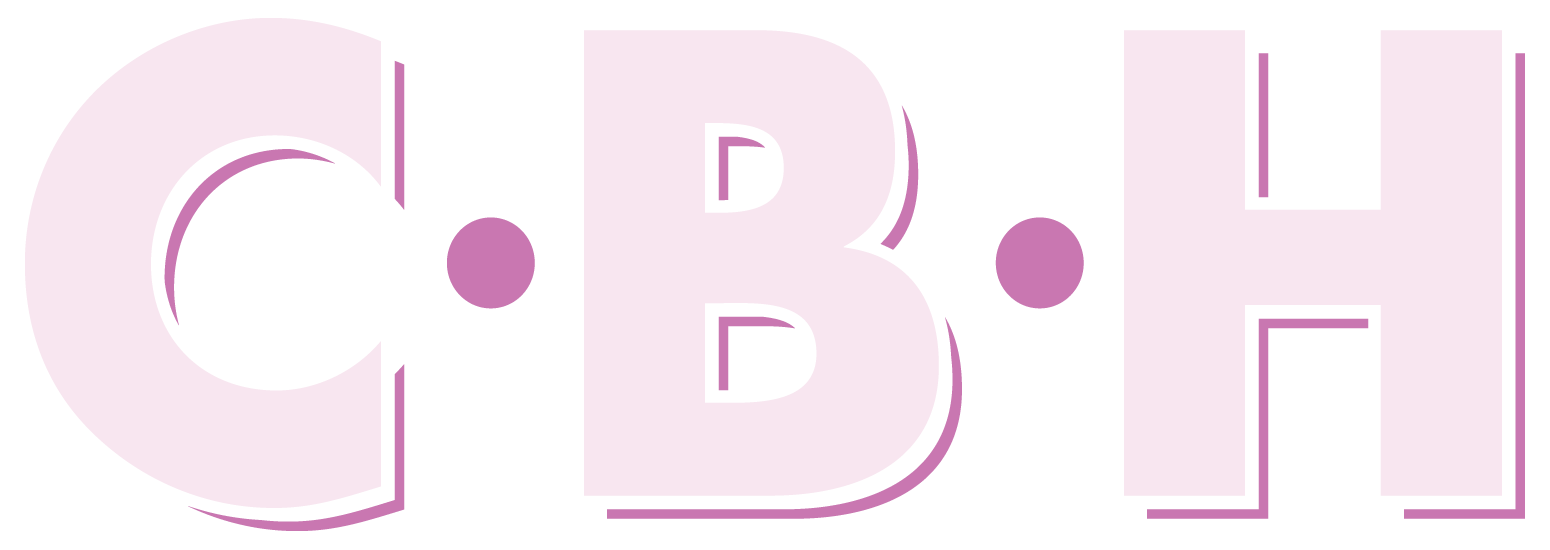Substance Use Services
For more than 25 years, Community Behavioral Health has been expanding access to mental health and substance use services for Philadelphians. CBH provides inpatient, residential, and outpatient behavioral health coverage for medical assistance recipients in Philadelphia
Problems with alcohol and substance use are very common. About one in every three people in the US will experience a substance use disorder in their lifetime.
Notice: This Member Journey site is still in development, and some of the information may change. If you have feedback you’d like to provide, please click this link here.
![]()
Getting Started
Member Journey was made to help Philadelphians learn more about the Substance Use services that Medicaid pays for. Here, you’ll learn about the different areas of care you can receive.
Assessment
An assessment is an evaluation that helps determine how to best support an individual.
Inpatient Services
There are two types of help for people who need to stay in an inpatient setting, which is like a hospital.
Residential Services
A 24-hour supportive treatment in a safe, and structured environment to help a person initiate or continue recovery.
Outpatient Services
Outpatient services do not require an overnight stay at a hospital or prior authorization.
Next Steps
CBH suggests some next steps for acquiring Substance Use Services for you or a loved one.
![]()
Assessment
The first step to accessing Substance Use Services in Philadelphia is by receiving an assessment which will determine what service is most appropriate for your situation.
You can get an assessment at any of the options below. Click on one to learn more:
Assessment Center
Assessment centers are designed to evaluate persons who want to stop using substances. Assessment center staff can ensure a seamless transition into the next level of care most appropriate to meet the person’s needs.
- Walk-in services (No appointment is needed) to receive an assessment and/or evaluation.
- Staff will connect to the recommended level of care.
- Persons who are present with a psychiatric emergency or unstable medical condition are not appropriate for assessment centers. Staff will ensure to connect the person to the most appropriate level of care.
Mobile Crisis Units
Mobile Crisis Response Teams serve adults, children and youth experiencing behavioral health crises by coming out and helping to stabilize situations and reduce the immediate risk of danger. The service is provided in the community and mobile teams are dispatched by Philadelphia Crisis Line by calling 988.
Crisis Response Center
Appropriate for persons presenting with behavioral health and/or substance use challenges. Crisis response centers are:
- Open 24 hours and 7 days a week
- Staffed by psychiatrists and qualified professionals to connect the person to the most appropriate level of care.
Your Provider
If you already receive services from an ASAM Trained provider, you can also get an assessment with them. Please contact your provider for more information.
Emergency Department
An emergency medical condition is a condition that is so severe that a reasonable person with no medical training would believe that there is an immediate risk to a person’s life or long-term health.
If you have an emergency medical condition, go to the nearest emergency room, dial 911, or call your local ambulance provider. You do not have to get prior approval from CBH to get emergency services, and you may use any hospital or other setting for emergency care.
While at the ER, you may be able to get assessed for substance use treatment. The ER staff will be able to connect you to an assessment and the most appropriate level of care.
![]()
What is an assessment?
To help people and determine how to best support them, providers perform an evaluation that examines many things. This evaluation has six parts:
- If the person is using high amounts of substances or has stopped suddenly.
- If the person has sicknesses or health problems.
- If the person has feelings, behaviors, or thoughts that are not typical or safe.
- If the person is ready for treatment and change in their life.
- If the person will continue to use substances [having challenges again].
- If the person’s home and surroundings support the person’s sobriety.
![]()
What is a treatment plan?
A treatment plan is a personalized plan to help the person with their problems, needs, and strengths. It sets short-term goals that can be measured and includes activities to reach those goals. The plan is made together with the person and focuses on their own goals.
![]()
Service Options
CBH covers various levels of care focused on substance use services such as inpatient, residential, and outpatient.
Inpatient Services
There are two types of help for people who need to stay in an inpatient setting, which is like a hospital.
Residential Services
A 24-hour supportive treatment in a safe, and structured environment to help a person initiate or continue recovery.
Outpatient Services
Outpatient services do not require an overnight stay at a hospital or prior authorization.
![]()
Inpatient Services
CBH covers inpatient hospital services for behavioral health needs and substance use disorders. You must use a facility in CBH’s network.
Inpatient Services Options
Medically Managed
During an inpatient stay, people who are having a harder time will receive constant medical care
Medically Managed Intensive Inpatient
This program provides nonstop nursing care and daily doctor care for serious, unstable medical AND substance issues.
It’s for people who feel seriously unwell due to drugs or alcohol AND have a serious medical issue that would need 24-hour care by a doctor or nurse.
Examples of serious medical issues are:
- Severe wounds due to drug use
- Seizures | PICC Line | Antibiotics
- Serious pregnancy complications
Medically Managed Intensive Inpatient Withdrawal Management
This program helps when someone experiences severe medical symptoms after no longer using substances like drugs and alcohol AND has serious medical issues. Nurses and doctors constantly take care of you.
It’s for people who show signs of serious medical issues after no longer using drugs or if they’ve been using specific substances like alcohol daily for a long time and their body has become used to them.
- They assist with major problems, like when your body isn’t well, like having a severe wound from using drugs or frequent seizures.
- They also talk with you to improve your well-being and teach you better approaches.
Medically Monitored
During an inpatient stay, people can receive 24/7 care by medical and/or psychiatric staff
Medically Monitored Intensive Inpatient
This program provides around the clock in a setting similar to a hospital. They provide extra support for both your body and mind.
- Each day, medical professionals assess your well-being and assist with whatever you require.
- Experts in addiction, emotions, and medical matters are available to support you.
Medically Monitored Inpatient Withdrawal Management
This program assists people who need to be under the care of medical professionals when they are no longer using certain drugs or alcohol.
- Medical staff like nurses and doctors can provide care 24/7 for those who need medicine and have faced problems when stopping drugs before.
- The team includes experts in addiction, emotions, and medicine, available round the clock.
![]()
What is Prior Authorization?
Some services need approval from CBH before you can get the service. This is called Prior Authorization. For services that need prior authorization, CBH decides whether a requested service is medically necessary before you get the service. You or your provider must make a request to CBH for approval before you get the service. The following pages show the authorization requirements for a variety of services.
![]()
What is the difference between Medically Managed and Medically Monitored:
There are two types of help for people who need to stay in an inpatient setting, which is like a hospital. Doctors decide which type of help to provide based on the person’s health, what symptoms they experience when they stop using drugs, and what will help them recover.
- One is called “Medically Monitored,” it can provide 24/7 care by medical and/or psychiatric staff.
- The other is “Medically Managed,” for people who are having a harder time and need more constant medical care.
![]()
What is Medication-Assisted Treatment?
Medication-Assisted Treatment uses medications such as Methadone, Suboxone, or Vivitrol to treat opioid dependence. Medication-Assisted Treatment is covered by CBH. Methadone, Suboxone, Vivitrol, and other medications used to treat opioid dependence are prescribed by CBH’s network providers and covered by your physical health plan. If you have any questions about Medication-Assisted Treatment, you can call CBH Member Services at 1-888-545-2600.
![]()
Residential Services
A 24-hour supportive treatment in a safe, and structured environment to help a person initiate or continue recovery. CBH provides two types of residential services.
Residential Service Options
Clinically Managed High Intensity Residential Services
- 24-hour treatment to support recovery in a safe and structured place.
- A team of experts provides daily treatment and activities that are tailored to each person’s treatment plan.
- Teaches new skills that are required for a successful transition from active addiction to a stable, recovery-positive lifestyle.
- Can be accessed as a step-down referral or direct referral.
Clinically Managed Low Intensity Residential Services
- Program provides 24-hour living support and structure with trained staff.
- Offers at least five hours of clinical services per week.
- Staff includes addiction treatment, mental health, and medical personnel.
- Helps with daily tasks and recovery for substance-related issues.
- Requires a period of being sober to access the service.
- Emphasizes educational and vocational goals.
![]()
What is Prior Authorization?
Some services need approval from CBH before you can get the service. This is called Prior Authorization. For services that need prior authorization, CBH decides whether a requested service is medically necessary before you get the service. You or your provider must make a request to CBH for approval before you get the service. The following pages show the authorization requirements for a variety of services.
![]()
What is Medication-Assisted Treatment?
Medication-Assisted Treatment uses medications such as Methadone, Suboxone, or Vivitrol to treat opioid dependence. Medication-Assisted Treatment is covered by CBH. Methadone, Suboxone, Vivitrol, and other medications used to treat opioid dependence are prescribed by CBH’s network providers and covered by your physical health plan. If you have any questions about Medication-Assisted Treatment, you can call CBH Member Services at 1-888-545-2600.
![]()
Outpatient Services
CBH provides outpatient behavioral health coverage for behavioral health needs and substance use disorders. Outpatient services do not require an overnight stay at a hospital. CBH will help arrange for these services at one of our network providers.
Outpatient Service Options
Partial Hospitalization
- Program offers 20+ hours of weekly treatment for people who don’t need 24-hour care.
- It is an organized outpatient service that provides treatment during the day for people with addictions and other conditions (mental and physical health).
- The person can be referred by a provider or self-referral could occur.
Intensive Outpatient Program
- Adults receive between 9-19 hours of service per week, for recovery or motivational enhancement therapies and strategies
- The program provides services that can help people with addiction and other conditions (mental or physical health) they may have.
- It is an organized outpatient service that offers treatment during the day, before or after work or school, in the evening, and/or on weekends.
Traditional Outpatient
- Adults receive less than nine hours of treatment per week, for recovery or motivational enhancement therapies and strategies.
- The treatment is personalized to meet the person’s needs and focuses on addressing substance abuse to make lasting changes in their behavior.
![]()
What is Medication-Assisted Treatment?
Medication-Assisted Treatment uses medications such as Methadone, Suboxone, or Vivitrol to treat opioid dependence. Medication-Assisted Treatment is covered by CBH. Methadone, Suboxone, Vivitrol, and other medications used to treat opioid dependence are prescribed by CBH’s network providers and covered by your physical health plan. If you have any questions about Medication-Assisted Treatment, you can call CBH Member Services at 1-888-545-2600.
![]()
Next Steps
If you or a loved one are a Philadelphia resident, you can:
![]()
Ensure you are a CBH member
CBH does not provide member identification cards beyond normal ACCESS cards. You will get an ACCESS card. You can show this card at appointments if you need to prove that you are enrolled in the Medical Assistance program. If you lose your ACCESS card, call your County Assistance Office (CAO).
Call Member Services
CBH’s Member Services are available 24 hours a day, 7 days a week and can be reached at 1-888-545-2600. For members who are deaf, hard of hearing, or have difficulty speaking, you may call the Pennsylvania Relay Operator at 711 to get help communicating with CBH. If you speak a language other than English, staff can help you access interpreter services.
Find a CBH Provider
The CBH’s provider directory has information about the providers in CBH’s network. The provider directory is located online. You may call CBH Member Services at 1-888-545-2600 to ask that a copy of the provider directory be sent to you.
Need help and not sure where to begin?
Contact Member Services for assistance.
![]()
Resources
Below are additional community and city resources that may support your next steps.
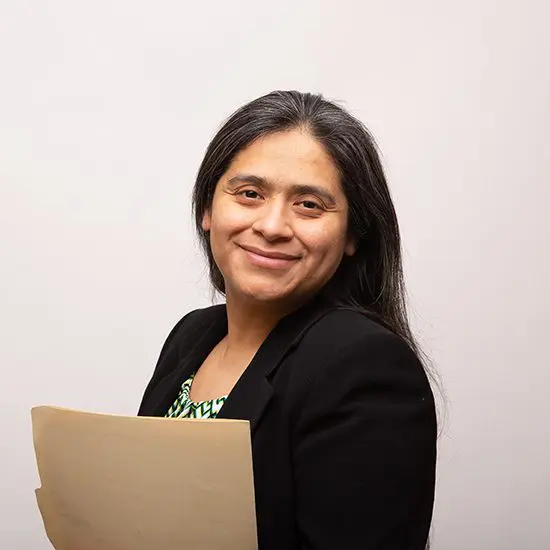
Case Management
Case management is the coordination of community-based services by a professional or team to provide quality mental and behavioral health care personalized to a person’s needs and support them to their recovery. Explore these options that are available to CBH members.
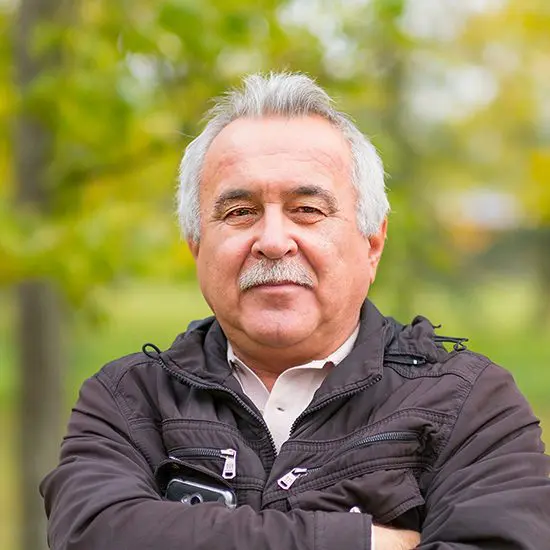
Language Services
If you ask for language services, CBH will provide them at no cost to you. These services may include language interpreters for your appointments with CBH providers, language interpreters over the phone, Providing language interpreters over the phone when speaking with CBH; and Providing document translation.
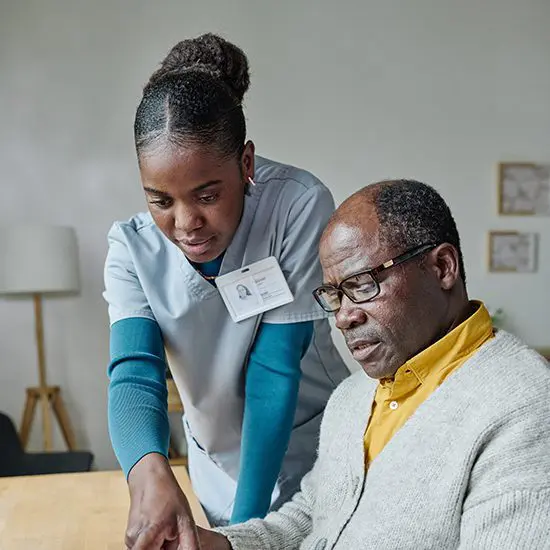
Provider Directory
The CBH’s provider directory has information about the providers in CBH’s network. The provider directory is located online here.

Medical Assistance Transportation Program
The Medical Assistance Transportation Program (MATP) provides non-emergency transportation to medical appointments and pharmacies, at no cost to you if you need help to get to your appointment or to the pharmacy. Transportation services are typically provided in the following ways If you need transportation to a medicial appointment or to the pharmacy, contact the MATP to get more information and to register for services. Modivcare (formerly Logisticare) is the MATP for Philadelphia County; they can be reached at 1-877- 835-7412. You can also visit the Department of Human Services MATP website.

City of Philadelphia Opioid Response Unit
The Opioid Response Unit is committed to saving lives and rejuvenating the communities that have been most affected by the opioid crisis. We work across City departments and within Philadelphia’s neighborhoods to:
- Lead citywide opioid response strategies.
- Target interventions where opioid overdoses happen most.
- Align City resources and share expertise across departments.

Department of Human Services Centers of Excellence
In 2016, Pennsylvania created the Centers of Excellence (COEs) for Opioid Use Disorder (OUD) as one solution to the growing overdose crisis within the state, as well as a solution to the barrier of engaging and retaining individuals in OUD in treatment. The COEs are designed to “meet people where they are” in the community, which means engaging with the community to identify all persons with OUD who are in need of services, determine what their immediate needs are, and then ensure that every person with OUD receives “whole person care” comprised of:
- OUD and any other substance use treatment
- Physical health treatment such as diabetes management and wound care
- Mental health treatment such as anxiety or depression treatment
- Peer specialists who help the person during all steps in the recovery process and
- A community-based care management team who helps the person identify, organize, obtain, and sustain treatment and other community resources such as housing, food, and transportation.
For more information about Opioid COEs in Philadelphia, please see the DHS website and select Philadelphia County, or call CBH Member Services at: 1-888-545-2600.
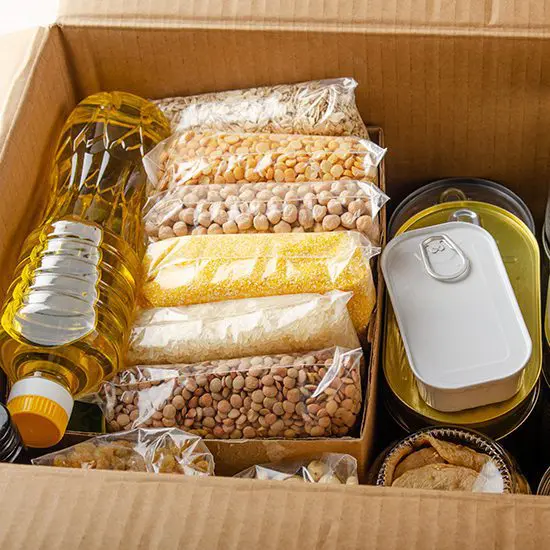
DBHIDS Community Resource Guide
The DBHIDS Community Resource Guide provides information for housing, healthcare, employment, food assistance, transportation and internet access resources that might be available to you.
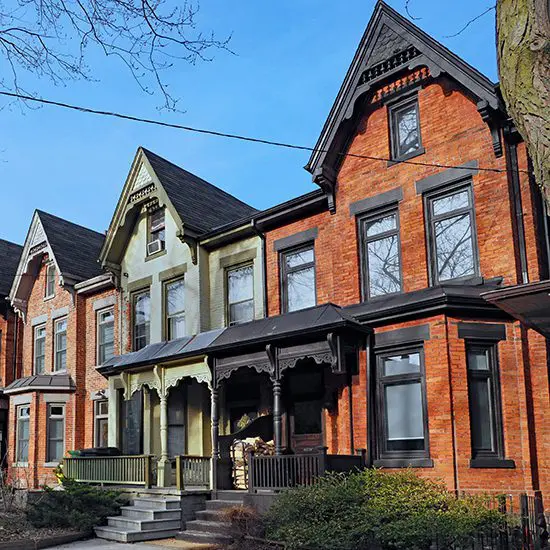
DBHIDS Office of Addiction Services Recovery House Initiative
In 1995, the Philadelphia Coordinating Office for Drug and Alcohol Abuse Programs (now known as the Office of Addiction Services) established a recovery house system for persons enrolled in state-licensed outpatient substance abuse programs or MAT services. The goal of the program is to improve treatment outcomes by placing people in a positive, stable living environment that is conducive to recovery.

DBHIDS Addiction Services
Addiction Services are available through DBHIDS for persons who do not have medical assistance or Medicaid. If you are unsure what service you require and do not have medical insurance, please contact the Behavioral Health Special Initiative (BHSI) at 215-546-1200, Monday through Friday, between the hours of 8:30 a.m. and 5 p.m.

988 Crisis Line
If you or a loved one are experiencing a suicidal crisis or emotional distress CALL 988
Lifeline Options for Deaf + Hard of Hearing: For TTY users, use your preferred relay service or dial 711 then 988.
Healthy Minds Philly: Click here to learn more about the 988 Suicide & Crisis Lifeline.
If you’re not sure how to get started, contact us today.
![]()
Case Management
Case management is the coordination of community-based services by a professional or team to provide quality mental and behavioral health care personalized to a person’s needs and support them to their recovery.
The following Case Management options are available to CBH members:

SUD Intensive Case Management
Case Management service dedicated to providing access to recovery support services to individuals as they journey through their recovery from the disease of addiction and other life challenges with the goal of achieving and maintaining long-term recovery. Case Managers can provide ongoing needs assessment, assist in goal planning to address any areas of the person’s life that he or she is willing to address, or help to build and gain access to a community of resources and recovery support.

Resource Coordination
A community based, short term service for persons with major mental illness who may have also have minor substance abuse issues and mild to moderate difficulty accessing mental health treatment, social, and job-related daily living skills. For individuals with difficulty attending outpatient treatment who may be experiencing homelessness.

SUD Keys to Recovery Case Management
This team is based on a strengths-based and clinical rehabilitative model to address the complex needs of those requiring 24 hours 7 days per week case management access. Serves those with primary substance abuse challenges who also experience complex histories of trauma, difficulty managing daily living/social skills, on-going struggles with active addiction and persistent interruptions in the recovery process due to unaddressed or unmanaged mental health challenges, lack of community supports or trusting supportive relationships
Need help and not sure where to begin?
Contact Member Services for assistance.
![]()
Contact Us
Need help and not sure where to begin?
Contact Member Services for assistance.
Provider Directory
The CBH provider directory has information about the providers in CBH’s network.
Language Services
CBH will provide language services at no cost to you. These services may include an in-person interpreter.
Case Management
Case management coordination is personalized to a person’s needs and supports them through their recovery.
